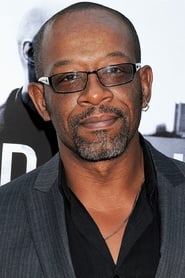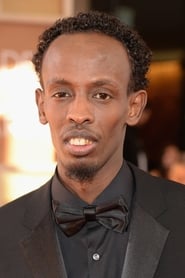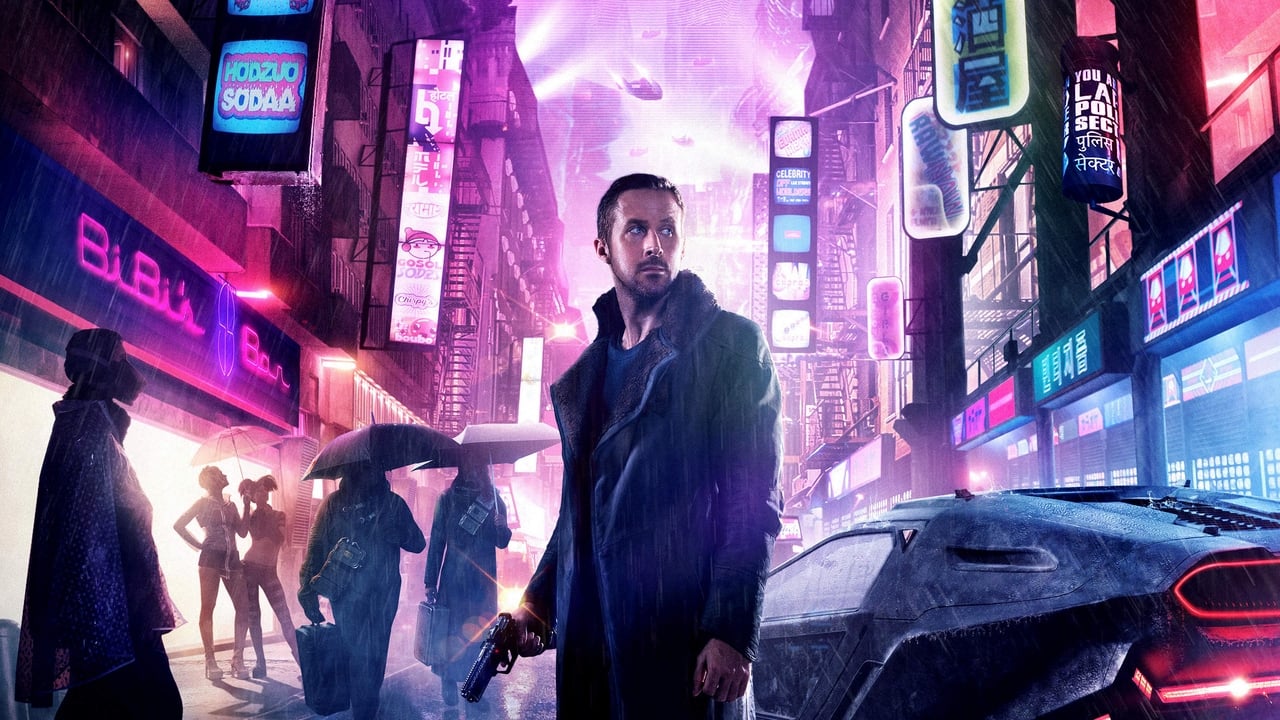Der Schlüssel zur Zukunft wird endlich gefunden.
Im Jahr 2023 wird die Herstellung von Replikanten – künstlichen Menschen, die zum Einsatz in den Weltall-Kolonien gezüchtet werden – nach mehreren schwerwiegenden Vorfällen verboten. Als der brillante Industrielle Niander Wallace ein neues, verbessertes Modell, den „Nexus 9“, vorstellt, wird die Produktion 2036 jedoch wieder erlaubt. Um ältere und somit nicht zugelassene Replikanten-Modelle, die sich auf der Erde verstecken, aufzuspüren und zu eliminieren, ist weiterhin die sogenannte „Blade Runner“-Einheit des LAPD im Einsatz, zu der auch K gehört. Bei seiner Arbeit stößt K auf ein düsteres, gut gehütetes Geheimnis von enormer Sprengkraft, das ihn auf die Spur eines ehemaligen Blade Runners bringt: Rick Deckard, der vor 30 Jahren aus Los Angeles verschwand ...
Gesamte Besetzung von Blade Runner 2049

Ryan Gosling
'K'
Ryan Gosling delivers a nuanced and captivating performance as 'K' in Denis Villeneuve's "Blade Runner 2049," a sequel to Ridley Scott's 1982 classic. As a new breed of blade runner, Gosling's 'K' is a Nexus-9 replicant, designed to be more obedient than his predecessors. Gosling's portrayal is a masterclass in restraint and subtlety, as he navigates the complex emotional landscape of a character who is inherently artificial yet grappling with a burgeoning sense of humanity. His stoic exterior belies the turmoil of 'K's existential crisis, which unfolds with a quiet intensity throughout the film. Gosling's physicality and measured line delivery perfectly encapsulate the character's internal conflict, making his performance an essential element in the film's exploration of identity, memory, and what it means to be human. His interactions with the environment and other characters, including his holographic girlfriend Joi (Ana de Armas), Harrison Ford's Rick Deckard, and Sylvia Hoeks' formidable Luv, are laden with subtext, showcasing Gosling's ability to convey deep emotion with the slightest of gestures. His performance is a anchor in the film's rich visual and narrative tapestry, grounding the audience in the emotional journey of 'K' as he unravels the mysteries that could shatter the world he knows.

Harrison Ford
Rick Deckard
Harrison Ford reprises his iconic role as Rick Deckard in Denis Villeneuve's "Blade Runner 2049" with a gravitas and subtlety that only an actor of his caliber can deliver. Decades after the original film, Ford slips back into the skin of the world-weary blade runner with an ease that belies the complexity of the character. His Deckard is a man haunted by his past, living in the shadows of a dystopian world that has grown even darker in his absence. Ford's performance is a masterclass in understatement; his weathered face and measured movements convey a deep sense of loss and resignation. His interactions with Ryan Gosling's Officer K are particularly poignant, as he brings a paternal edge to the mentor-mentee dynamic, while also expertly navigating the ambiguity surrounding Deckard's true nature. Ford's return to the role not only honors the legacy of the original "Blade Runner" but also enriches the narrative of its sequel, ensuring that his portrayal of Rick Deckard remains a seminal touchstone in the science fiction genre.

Ana de Armas
Joi
Ana de Armas delivered a captivating performance as Joi in Denis Villeneuve's "Blade Runner 2049," a sequel to Ridley Scott's seminal 1982 film. As Joi, a holographic AI companion, de Armas imbued her character with a profound sense of longing and a nuanced complexity that transcended the typical portrayal of artificial beings. Her performance was a delicate balancing act, effortlessly shifting between the warm, empathetic partner to Ryan Gosling's K and the stark reality of her programmed limitations. De Armas brought depth to Joi's quest for authenticity and independence, showcasing her ability to convey complex emotions with subtlety and grace. Her portrayal was not only a testament to her range as an actress but also a critical element in exploring the film's themes of identity, love, and what it means to be human. Ana de Armas's Joi emerged as a memorable character, leaving a lasting impression on viewers and critics alike, and solidifying her place as one of the most intriguing and versatile actresses of her generation.

Dave Bautista
Sapper Morton
Dave Bautista's portrayal of Sapper Morton in Denis Villeneuve's "Blade Runner 2049" is a compelling embodiment of the film's thematic exploration of identity and what it means to be human. Despite his hulking physique and intimidating presence, Bautista brings a nuanced depth to the character, a replicant with a quiet dignity and a longing for connection. From his first moments on screen, Bautista conveys Sapper's weariness and the weight of his existence as a fugitive. His interactions are measured and deliberate, revealing a being who is both powerful and vulnerable. Bautista's performance is marked by a restrained intensity, particularly in his eyes, which betray the inner turmoil of a character caught between the struggle for replicant rights and a personal code of ethics. His most impactful scene, a poignant death sequence, stands as a testament to Bautista's ability to evoke empathy and anchors one of the film's most human stories, despite being told through the lens of a synthetic character. Bautista's Sapper Morton is not just a physical force within the world of "Blade Runner 2049," but also a soulful presence that resonates long after the credits roll.

Lennie James
Mister Cotton

Edward James Olmos
Gaff

Barkhad Abdi
Doc Badger
Crew von Blade Runner 2049
Vollständige Liste der Crew hinter den Kulissen →







